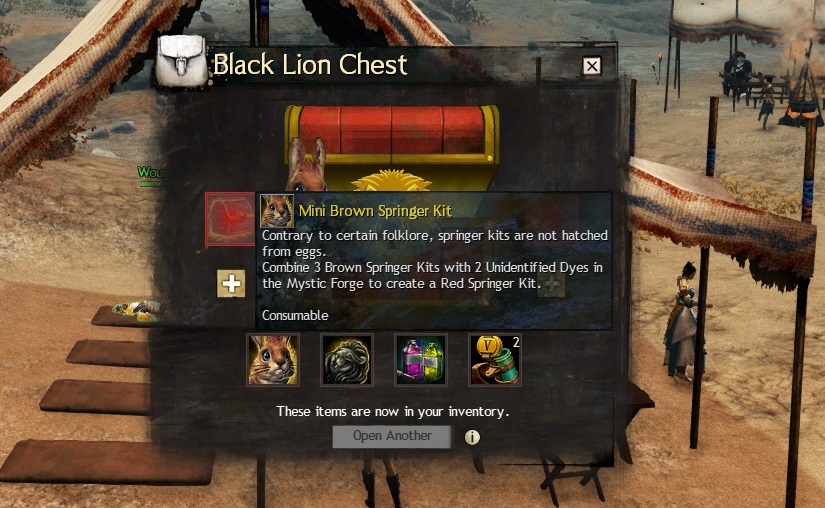EU Committee Recommends Looking Not Only At Loot Boxes But All Monetization In Games
Stop us if you've heard this before, but some agency in Europe thinks loot boxes are "Bad". And they're suggesting "Things" be done.
Forgive the tone, but it's been nearly three years since Star Wars: Battlefront II pushed loot boxes to the forefront of lawmakers' minds, and in that time ... well, there's been some actual legislation enacted in various parts of the world. Most of the time, though, all we hear about is some committee or body related to governance that's making suggestions or calling for more research or some other effort that might result in something actually happening or might not or please wake me when something actually happens.
This week's report comes from the EU Internal Market and Consumer Protection committee, which produced a study titled "Loot boxes in online games and their effect on consumers, in particular young consumers." Ah, the "Won't someone please think of the children?" approach, a classic. Skipping ahead to page 42, which has the heading of "Conclusions and Recommendations for Further Action," we see that the committee recommends that "national gambling authorities intensify their cooperation" to keep an eye out for grey-market loot box sales, which don't fall under the auspices of gambling laws because they typically can't be redeemed for cash. Not that that should make them impossible to regulate, but all right.
The report does acknowledge something else I've considered before -- namely that if loot boxes themselves are regulated or banned, they "will simply be replaced by other potentially problematic game designs and monetisation methods." Thus, it suggests a broader perspective on the whole industry of monetization in gaming, with an eye toward protecting consumers, and especially minors, from any predatory practices -- though it admits that measures that have been taken in the past display a "lack of evidence with regards to the extent to which they achieve their goal of protecting players from harmful effects."
Will anything come of all this? Your guess is as good as mine. I'd imagine we've got at least a couple more years of seeing reports and studies like this, with very little actual legislation actually being drafted, whether in Europe or elsewhere. Kudos to this report for seeing the forest and the trees and realizing that loot boxes are only the tip of the iceberg when it comes to troubling monetization, but good luck getting results when the entire gaming industry, as well as a decent chunk of players, will likely oppose any serious attempts at legislation.
Related Articles
About the Author

Jason Winter is a veteran gaming journalist, he brings a wide range of experience to MMOBomb, including two years with Beckett Media where he served as the editor of the leading gaming magazine Massive Online Gamer. He has also written professionally for several gaming websites.
More Stories by Jason WinterRead Next

It looks like Elyon (or the game formerly known as Ascent: Infinite Realm) is chugging along at a steady pace and, if reports are correct, will be releasing in Korea around December.
You May Enjoy

Today’s update includes a little something for everyone.

Players will need to be on their toes to survive Protocol Overdrive.

Plenty of rewards and a new adventure await.

Will we still see all of these? Any of these? I certainly hope so!

I think GW2 is the least gacha game ever,
Nobody will BAN lootboxes as such. Simply put - if a given game owning company wants to keep them in their game they will just have to fill for a GAMBLING PERMIT in a given country. The permit that is renewable every year. In EVERY SINGLE COUNTRY they have customers from. Otherwise the company and its services will be outlawed ("banned") in a given country and the company board will have an International arrest warrant issued for allegedly leading an "organized crime organization in illegal gambling" (given the scale it will fall into this category - 3 unrelated persons performing an illegal act constitute use of an "organized crime").
Ergo - the existing "anti-/gambling" laws just need small amendments for the above mentioned mechanism to fulfill its role and none will challenge it.